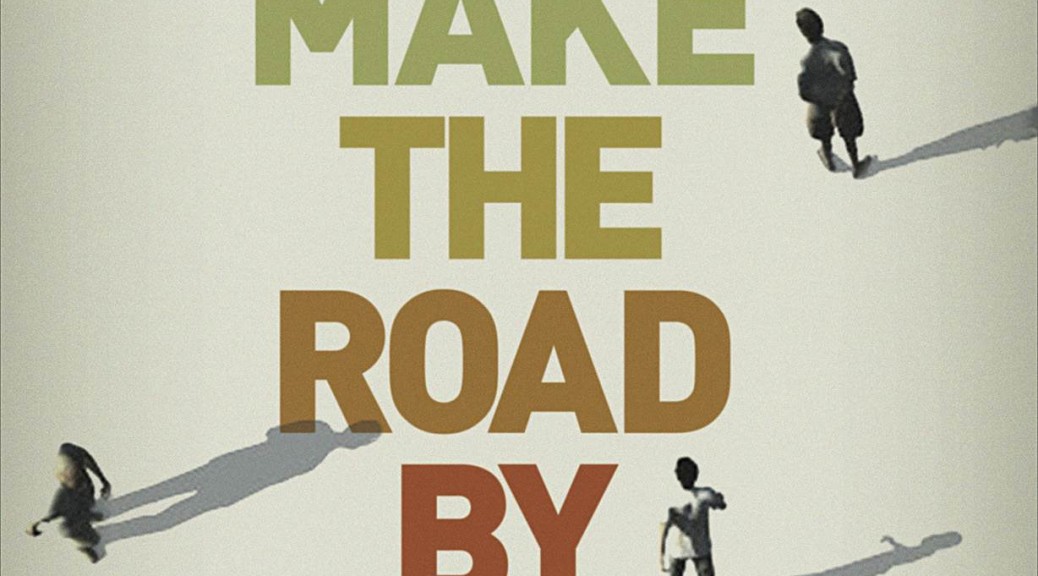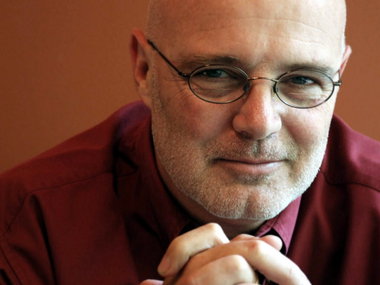One of the most anticipated books of the year is released today. My friend, Brian McLaren, launches his latest book, “We Make the Road by Walking”. I know that this book has been almost a decade in the making in his mind, and a full year of focused writing. Early reviews have been brilliant, and I am looking forward to getting my copy.
Here’s why you should get a copy.
This book is designed to take us on a journey through the Bible and the Christian faith in a year. It’s 52 chapters are short reads with reflections and group study guides. Organized around the traditional church year, each chapter reflects on a different story from Scripture and invites contemplation, discussion, and action.
People who are committed Christians, but have lots of questions, doubts, and frustrations with the version of faith they’ve been given and would like a fresh start are really going to get a lot from this book.
As Brian says: “You are not finished yet. You are ‘in the making.’ You have the capacity to learn, mature, think, change, and grow. You also have the freedom to stagnate, regress, constrict, and lose your way. Which road will you take?”
Read more about the book here. You can read the first three chapters online here.
Buy it:
Amazon.co.uk Paperback
Amazon.co.uk Kindle
Kalahari – in South Africa
UPDATE: Here is a review by Tony Jones.
UPDATE:
May online resources are now springing up to help you work through the book with small groups, families, etc.






